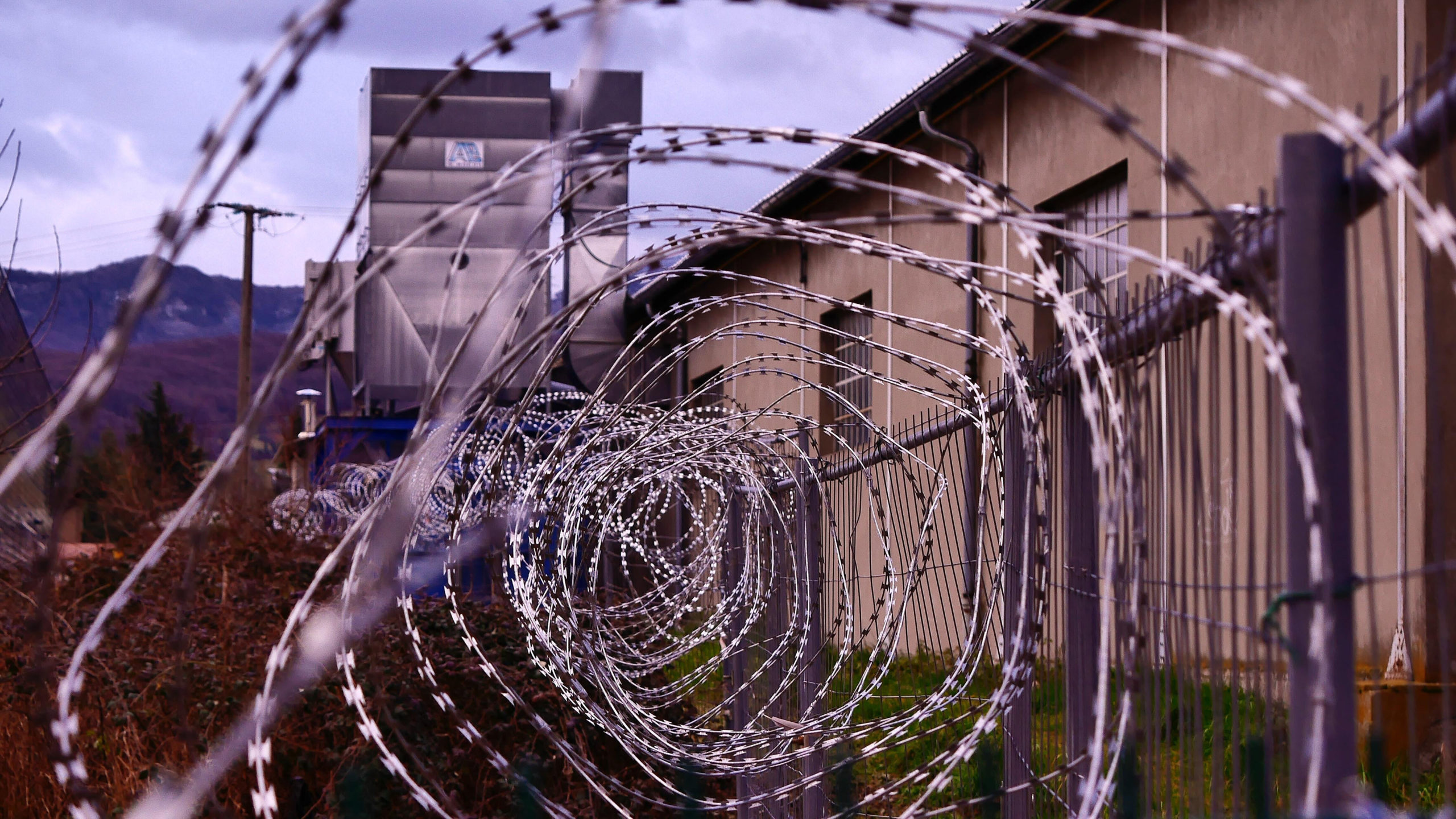Is it really possible for people with a past to have a productive, positive future? Are we willing to give others a second chance when they make a serious mistake?
Coming out of Holy Week and our Easter celebrations, I’m guessing our hearts are more attuned to dispensing forgiveness and grace than any other time.
But the reality of an opportunity to start fresh becomes a bit complicated when applied to those serving prison sentences.
Granted, some crimes require the person to remain behind bars for a lifetime, but for the majority of those in prison, they will find themselves outside the prison walls again. The question is, what kind of life will they find in the freedom?
Each year, billions of taxpayer dollars go into re-entry programs, but so often there is no one to walk with and mentor the returning citizen, which means much of the efforts are wasted.
Articles on pages 7 and 15 in the April 8th issue share how churches can make a difference, and how April — Second Chance Month — is the perfect time to explore options.
Working behind bars to prepare those who will eventually return to society and then walking beside them once they do return is the key to helping men and women with a criminal record contribute positively to their community going forward.
Prison Fellowship Academy uses specific curriculum, coaches with a compassionate heart and a community focused on restoration during the course of a year to break down destructive thinking and prepare those behind bars to be good citizens after release.
The academy’s effort is an intensive, Bible-based program, according to the sources for the article on page 15.
Denise George shares in her article on page 7 that the tendency of a convicted criminal to re-offend is high, with more than 75% of returning citizens re-arrested within five years.
The obstacles they face are extremely difficult, and many times family members are not equipped to provide the necessary guidance.
Prison Fellowship leaders can’t do it alone. They need church families to consider prisons as missions fields and look beyond the bars to the potential within each person who has paid his or her debt to society.
While Alabama lawmakers debate legislation — House Bill 107 — that would repeal the state’s law mandating long incarceration sentences for repeat offenders, people of faith can focus on decreasing the number of those who would fall into this category.
Resources are available to train volunteers for working within the prison system as well as how to mentor those who have returned to society.
With nearly 1 million names on the rolls of the more than 3,200 Alabama Baptist churches, what type of reforms would naturally take place in the correctional system if every church was intentional about making a difference? If every church decided to focus on even one specific item needed by one specific chaplain at one specific prison facility?
TAB Special Report: Law enforcement officer, minister shares ways people of faith can fight human trafficking
Veteran law enforcement officer and ordained minister Doug Gilmer has lots of experience in human trafficking investigations. And he is convinced the Church is needed to truly make a difference in stopping, or at least slowing, this multibillion dollar criminal industry.
In a recent TAB Media Special Report, Gilmer shares ways people of faith can get involved and the layered impact that comes from someone showing up as “the hands and feet of Jesus.” Find the interview and additional resources at tabonline.org/fight-trafficking.
To invite Gilmer to share with your group or find out various ways to help, email him at douglas.gilmer@comcast.net.






Share with others: